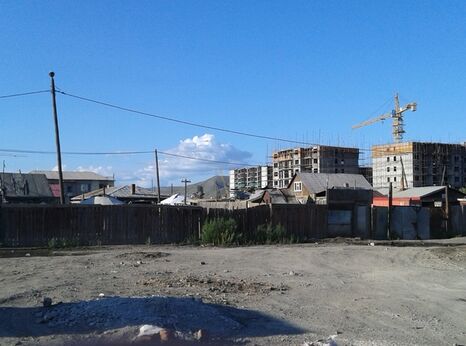Peaceful protesters targeted in inner Mongolia

Protests arose in September 2020 in the Inner Mongolia Autonomous Region (Inner Mongolia) in response to a new “bilingual education policy” that would gradually change the teaching medium of several different classes from Mongolian to Mandarin Chinese throughout the nine years of compulsory schooling. The new policy started with the “language and literature” curriculum on 1 September 2020. If the proposed plan goes according to schedule, from 2022 students in Inner Mongolia will be taking classes in language, history and politics solely in Chinese on the basis of the Chinese state-compiled textbooks. Protesters are worried that the new policy will eventually diminish Mongolian culture and language in Inner Mongolia.
Although nearly 80% of the population in Inner Mongolia is Han Chinese, Inner Mongolia is also the home to 4.2 million ethnic Mongols, nearly 70% of China’s total ethnic Mongol population.
As Chinese authorities rigorously censor all media, from print media to online media, it is difficult for protesters to share any information to document the protests. It is also not uncommon for foreign journalists in China to have restrictions when they are covering news in China. A Los Angeles Times reporter who visited a Mongolian-language school in the Inner Mongolian capital Hohhot during the protests reported being surrounded by plainclothes men who then took her to the back building of a police station. She was interrogated and separated from her belongings despite identifying herself as an accredited journalist. After more than four hours of detention, she was then forced to leave the region.
Numerous media reports say that several local government officials, teachers and Communist Party members were punished for failing to carry out the new “bilingual education policy” in Inner Mongolia. On 16 September, the local authorities in Xilinhot notified students and their parents that they would be punished if students failed to complete their school enrolment on time, including being deprived of government subsidies and withdrawal of bank loans.
The crime of “picking quarrels and provoking trouble” (寻衅滋事罪) under Article 293 of the Chinese Criminal Law is a broadly defined and vaguely worded offence that has been widely used to target activists and human rights defenders. Although the crime originally applied to acts that disrupted order in public places, but since 2013 the scope has expanded to include online space as well. Anyone convicted could face a maximum of five years in prison.